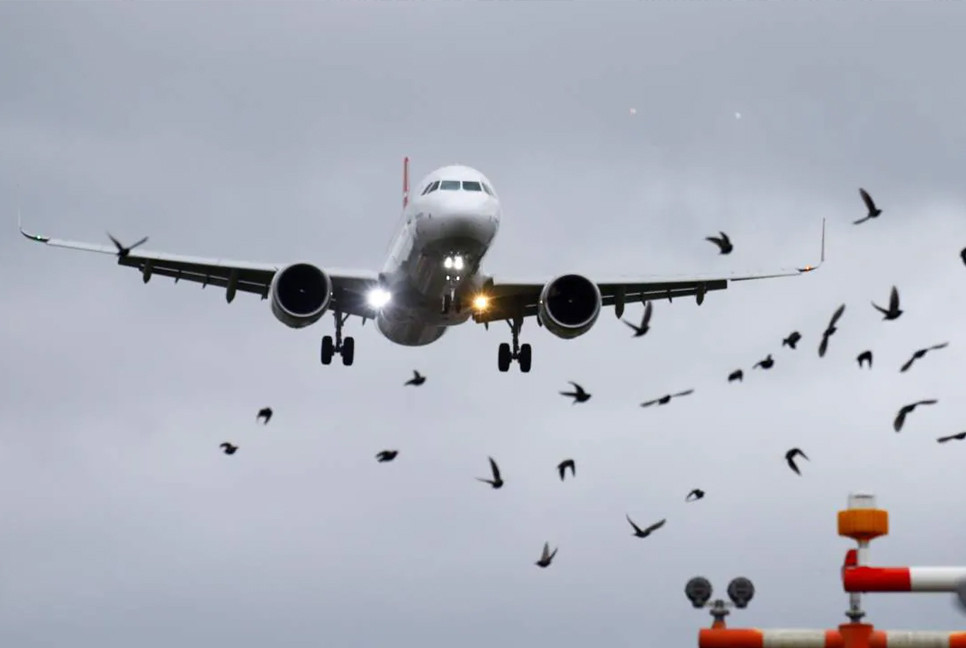Bird strikes at Hazrat Shahjalal International Airport in Dhaka have become a significant concern, with several incidents making headlines. The presence of water bodies around the airport attracts birds seeking fish and insects. Additionally, food waste and the green grass on the runway appeal to them, leading to increased activity in the area.
During winter, the risk of bird strikes at Dhaka Airport escalates. Investigations reveal that despite the deployment of bird shooters to deter birds, these measures have proven insufficient, as birds continue to frequent the airport vicinity.
Aviation experts warn that birds entering an aircraft's engine during takeoff can cause significant damage, potentially leading to engine failure. Such risks also place pilots under considerable stress. Airlines have expressed concerns over the effectiveness of current bird deterrence strategies, noting that incidents persist.
Over the past four years, at least seven domestic and international aircraft, including Biman Bangladesh Airlines' London-bound Dreamliner, have suffered damage due to bird strikes at various airports. Notably, on a single day, two separate bird strike incidents occurred at Dhaka Airport, affecting both Biman and FlyDubai aircraft. In another instance, a Biman flight made an emergency landing following a bird strike at Saidpur Airport.
Passengers have reported distress during such events. For example, during a Bangkok-bound flight, an emergency brake was applied after a bird strike, causing a tire burst and significant passenger anxiety.
Pilots, speaking anonymously, have raised concerns about the competency of personnel tasked with bird deterrence, citing a lack of accountability and oversight.
However, airport officials have refuted these claims, asserting that continuous efforts are in place to mitigate bird-related risks.
Group Captain Md Kamrul Islam, Executive Director of Hazrat Shahjalal International Airport, stated that both active and passive bird control measures are being implemented. Active measures include deploying bird shooters, while passive strategies involve detection systems, sound repellents, laser guns, and frequency irritants.
A comprehensive survey is underway to identify and address sources attracting birds, such as open food waste, water bodies, butcher shops, and restaurants near the airport.
In a related incident on Sunday, a South Korean aircraft with 181 passengers crashed at Muan International Airport. Preliminary reports suggest that a bird strike, coupled with adverse weather conditions, may have contributed to the accident.
These incidents underscore the pressing need for effective bird control measures at airports to ensure aviation safety.
Bd-Pratidin English/ARK

































































